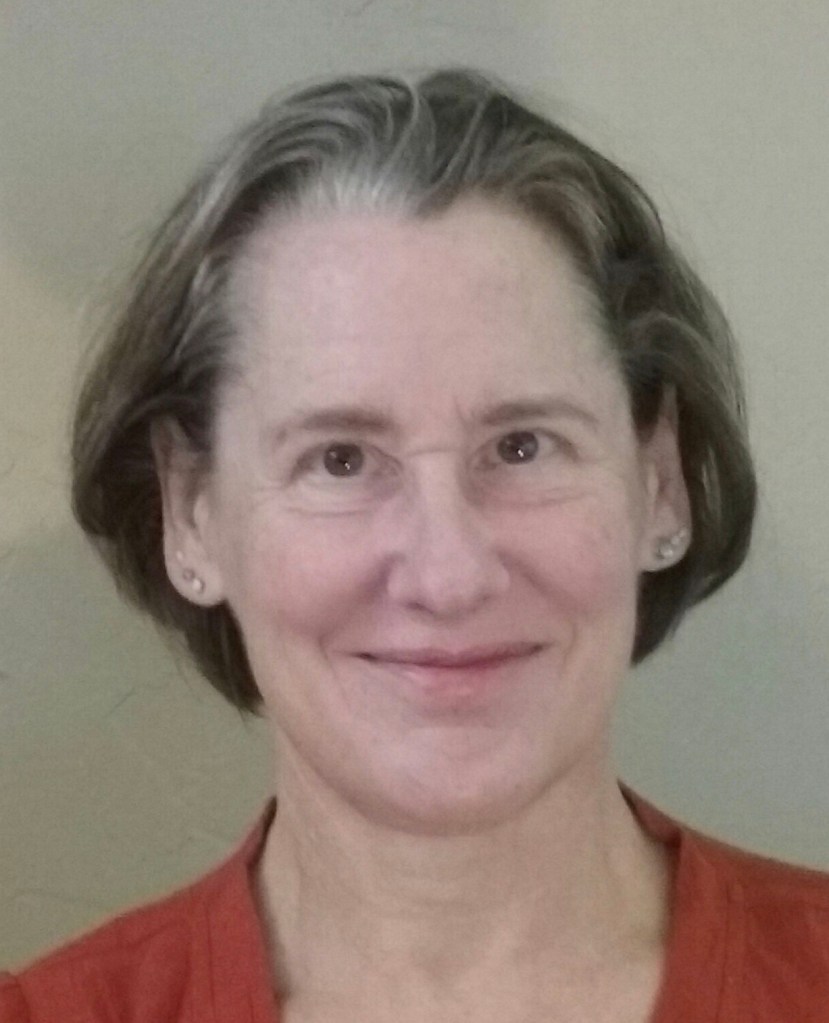Thinking out loud: Thought control — religious absolutism vs. religious freedom
Published 6:00 am Saturday, October 7, 2023

- Morrison
The American Library Association has reported a record number of attempts to ban books in 2022. Groups like the ironically named “Moms for Liberty” claim to protect us from obscenity and pornography. The “Moms” have pressed school districts to remove books they don’t like and topics they disagree with from libraries and school curriculums. Some states have gone further, passing laws that prohibit entire topics from being discussed in schools statewide.
Generally, efforts to control the issues that may be discussed in schools target race and information about LGBTQ+. But states have also passed laws to prohibit discussion of mental health, bullying, suicide, substance abuse and puberty. Many of the laws apply to colleges and universities, restricting the books and issues that can be discussed even among adults.
Activists often say they simply object to the idea of sex being discussed in schools. But it might be more accurate to say they object to portrayals or discussions of sexuality that are offensive to them. Supporters of book bans revolted in Utah when a school district banned the Bible, deeming its sexual and violent content to be unsuitable for children. (Ultimately, that school board decided the Bible has “significant, serious value for minors that outweighs any violent or vulgar content it contains.”) Rape, murder, incest, adultery — apparently perfectly appropriate material, if it’s in the Bible.
To the degree that the movement to restrict information and discussion is religiously based, it provides an example of religious absolutism coming smack-dab up against traditional American values of tolerance and religious freedom.
For some Christians, it’s not enough to be adamantly opposed to having an abortion themselves; because it offends their religious principles, no one else should be able to have an abortion either — and in some states, it’s a topic the law prohibits patients and their doctors from even discussing. For some Christians, it’s not enough to believe that homosexuality is biblically prohibited and to reject any expression of homosexuality in their own lives. Because of the way they interpret the Bible, no one else should be homosexual — or, apparently, even permitted to discuss the concept.
When thinking about the efforts of some Americans to impose their own beliefs on everyone else, it’s worth thinking about other places where absolute believers impose their own beliefs on entire countries. Muslim extremists hold power in both Afghanistan and Iran.
And however those heads of government understand the will of God, everyone else must comply with their interpretation. Even if the leaders believe in the virtual enslavement of women, or if many citizens reject the government’s interpretations of the Koran — what the religious leaders believe, everyone must follow, or pay the consequences.
The people who object to allowing students learning about subjects such as homosexuality or racism might be afraid of something more dangerous than homosexual behavior. Knowledge might encourage tolerance, or understanding, or even empathy for people who are different than themselves.
Indeed, the need for empathy is one that residents of La Grande might particularly need to think about. After all, we are the community where a 15-year-old, openly gay student was bullied so incessantly and so cruelly by his own schoolmates that he couldn’t hold on until he could leave this place. For people across the United States who have seen the film “Joe Bell,” that may be the only thing La Grande is known for.
It’s painful to consider the possibility that if Jadin Bell’s classmates had had more information about homosexuality, they might have treated Jadin with less fear and more empathy. It’s painful to think that an entire class of La Grande students and numerous adults will spend their lives thinking about their actions or inaction that may have contributed to a teenager’s death. More understanding might have made a profound difference in the lives of Jadin Bell, his classmates, his family and for this community.
But for those who aim to control what students can learn or think, empathy and acceptance may be other ideas we should not be allowed to talk or even think about.
When thinking about the efforts of some Americans to impose their own beliefs on everyone else, it’s worth thinking about other places where absolute believers impose their own beliefs on entire countries. Muslim extremists hold power in both Afghanistan and Iran (where) what the religious leaders believe, everyone must follow, or pay the consequences.









